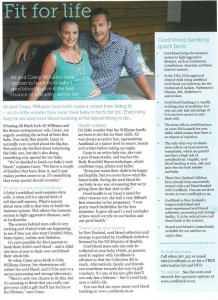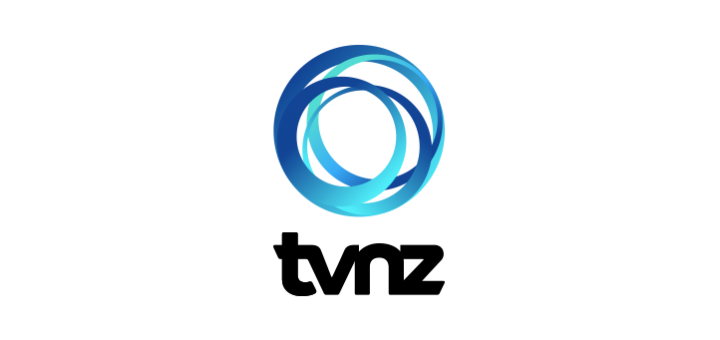It’s a girl!
Congratulations to new parents Ali and Casey Williams, who welcomed their little girl into the world just last week!
Little Jessica Harriet Williams was born on the 2nd of April weighing exactly seven pounds. Mum and baby are doing very well according to Blue’s captain Ali, and Jessica’s cord blood is already safely stored here at CordBank.
Here is their story, which also features in this months Little Treasures Magazine:
 Ali and Casey Williams have chosen to bank their baby’s cord blood to give it the best chance of a healthy active life.
Ali and Casey Williams have chosen to bank their baby’s cord blood to give it the best chance of a healthy active life.
Ali and Casey Williams have both made a career from being fit – so it’s little wonder they want their baby to be fit for life. That’s why they have decided that cord blood banking is the logical thing to do…
Winning All Black lock Ali Williams and his fitness entrepeneur wife, Casey, are eagerly awaiting the arrival of their first baby. Due early this month, Casey is naturally very excited about the big day. Not only is she thrilled about welcoming the little one, but she is also doing something very special for her baby.
“We’ve decided to bank our baby’s cord blood,” explains Casey. “We know a couple of families that have done it and it just makes perfect sense to us. It’s something every parent should consider.”
So what is cord blood banking?
A baby’s umbilical cord contains stem cells. A stem cell is a special kind of cell that self-renews. What’s special about stem cells is that they rebuild the immune system. This allows the immune system to fight aggressive diseases, such as Leukaemia.
The science behind stem cells is very exciting and clinical trials are happening to see if they can also treat cerebral palsy, brain injury, autism and diabetes.
It’s now possible for Kiwi parents to bank their child’s cord blood – and a child can have access to their own cord blood their whole life.
So when Casey gives birth to little Williams Junior, her obstetrician will collect the cord blood, and it’ll be sent to a secure processing and storage laboratory.
“There’s only one chance to do this, but it’s amazing to think that you really can give your child a gift that’ll last his or her lifetime,” says Casey.
Health Matters
It’s little wonder the Williams family are keen to do this for their child. Ali was always an active boy, representing Auckland at a junior level in soccer, tennis and cricket before taking up rugby. Casey is an active lady too: she runs a pole fitness studio, and teaches the Body Beautiful fitness technique, which combines yoga, pilates and ballet.
“Everyone wants their child to be happy and healthy, but you never know what the future holds. Saving the cord blood for our baby is our way of ensuring that we’re giving them the best start in life.”
Good health is on Casey’s mind for other reasons too: she had a very difficult first trimester in her pregancy. “I was pretty much bedridden for the first trimester. Its gave Ali and I a real reminder of how much we rely on our bodies and our good health.”
There’s only one chance
In New Zealand, cord blood collection and storage is provided by CordBank (which is licensed by the NZ Ministry of Health).
Cord blood stem cells can only be collected at your baby’s birth, so parents need to register with CordBank in advance so that the Collection Kit is ready. Alternately, family and friends can contribute towards the cost via gift vouchers. It’s one of the few gifts that will not only last a lifetime – but could help save a childs life.
This article can also be found in this months Little Treasures glossy magazine.

 Ali and Casey Williams have chosen to bank their baby’s cord blood to give it the best chance of a healthy active life.
Ali and Casey Williams have chosen to bank their baby’s cord blood to give it the best chance of a healthy active life.





